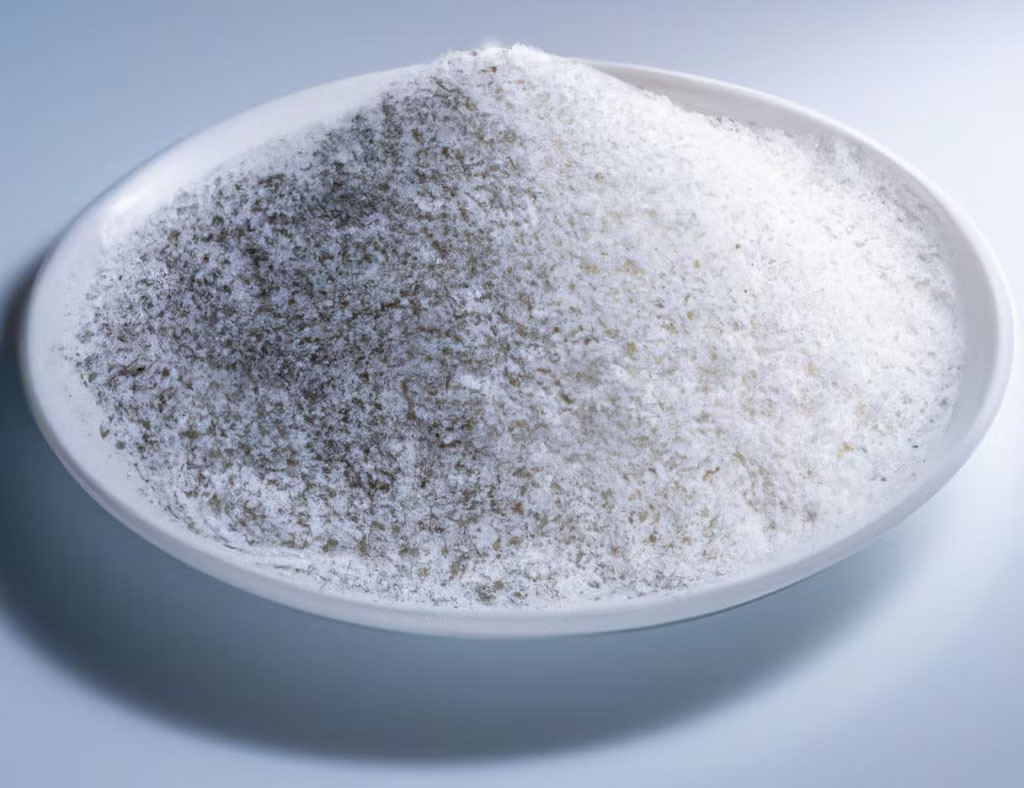Monosodium glutamate (MSG) is a flavor enhancer that has been used for over a century in cooking to elevate the savory taste of foods. It is a white, crystalline powder that is essentially the sodium salt of glutamic acid, an amino acid naturally present in many foods such as tomatoes, cheese, and mushrooms. MSG is best known for its ability to enhance umami, one of the five basic tastes, alongside sweet, salty, bitter, and sour. Umami, often described as savory or meaty, is key to making dishes feel more flavorful and satisfying.
First isolated by Japanese chemist Kikunae Ikeda in 1908 from seaweed broth, MSG was developed as a way to replicate the umami flavor found in certain foods and broths. Ikeda identified glutamate as the source of umami, and monosodium glutamate was born as a seasoning that could be used in various dishes to intensify their natural flavors.
MSG is used in a wide range of processed foods and cuisines around the world. It is particularly popular in Asian cooking, where it is added to soups, broths, stir-fries, and sauces. However, it is also commonly found in snack foods, frozen meals, and seasoning mixes, contributing to the full-bodied flavors people often associate with their favorite savory dishes. The use of MSG can reduce the need for additional salt in recipes while still delivering a rich, satisfying taste.
The way MSG works is by stimulating specific taste receptors on the tongue that detect umami flavors, thus intensifying the perception of savory, brothy, and meaty tastes in foods. This makes it especially useful in vegetarian or vegan dishes where there is a desire to replicate the depth of flavor typically associated with meat.
Despite its widespread use, MSG has been the subject of controversy, particularly in the 1960s when it was incorrectly linked to a condition called “Chinese Restaurant Syndrome,” where some people reported headaches or discomfort after consuming Chinese food. However, extensive scientific research, including studies by the U.S. Food and Drug Administration (FDA) and the World Health Organization (WHO), has since confirmed that MSG is safe for consumption when used in normal food quantities.

